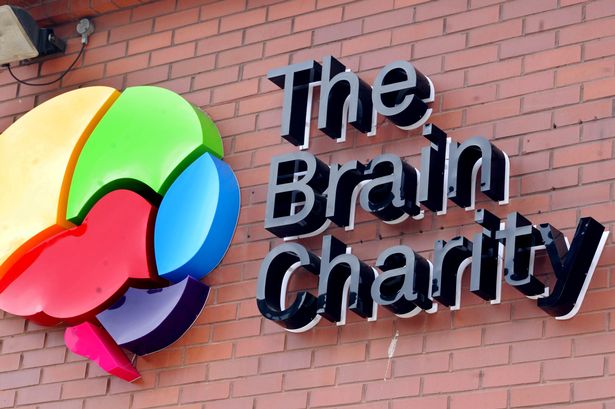An expert in ADHD has expelled common myths about the condition.
ADHD stands for for Attention Deficit Hyperactivity Disorder. The NHS have said that people with the condition "can seem restless, may have trouble concentrating and may act on impulse."
There has been much concern about rising levels of ADHD diagnosis in recent years. The Telegraph reported last year that the number of people receiving treatment had soared.
READ MORE: Mum who had two ‘awful’ pregnancies opened business instead of taking maternity leave
They cited figures from charity the ADHD Foundation, claiming it suggested a 400% increase in people seeking a diagnosis since lockdown. Meanwhile, #adhd on TikTok is a huge source of information for some seeking information about the condition, with a total of 21.7bn views across the platform.
However, while some videos can offer crucial help and support to those with ADHD, there are anxieties that self-diagnosis can be unhelpful. Some videos talking about the condition still link it to merely having a 'bad attention span'.
The CEO of a Liverpool based charity offering support to those with ADHD is keen to dispel those myths. Nanette Mellor, CEO of The Brain Charity, said: “ADHD is a real condition identified by specific symptoms and chemical differences in the brain.
She added: “ADHD is often misunderstood as the inability to pay attention. In fact, individuals with ADHD are often fascinated with everything around them and so can become distracted from what it is they really want to do.
“This can result in a kind of overload of stimulation within the brain which can be extremely distracting, tiring and in some cases debilitating."
Another claim is that the prominence of social media in our lives may be behind an increase in the condition. There has been numerous studies into this, including by prestigious institutions such as Harvard Medical School.
Despite this, Ms Mellor has said there is no clear evidence at the moment to back this claim.
She added: "Social media can help people who believe they may have neurodivergent conditions understand and potentially identify traits within themselves, due to increased awareness and reduced stigma.
“Research and debate is ongoing into the potential for online activity to cause ADHD-like symptoms, but there is no evidence as yet that engaging with social media causes ADHD.”
The Brain Charity is a national charity which supports people with all forms of neurological conditions. Its headquarters are located on Norton Street in Liverpool City Centre. You can find out more about their work by visiting their website here.
Discover, learn, grow. We are Curiously. Follow us on TikTok, Instagram, Facebook and Twitter.
READ NEXT:
-
March's best video game releases featuring The Last of Us and WWE 2K23
-
Boohoo's £25 Kourtney Kardashian trench coat shoppers say is similar to Zara's £60 version
-
Unusual and little-known middle names of celebs including Adele and Billie Eilish

